Chapter 1: Navigating the Trashy Ocean
Slicing the Hype is a quick how-to. It will help you find the best titles and authors on Amazon within minutes, not hours.
Maybe youve become annoyed by the multitude of pseudobooks flooding Amazon recently. These are usually poorly written, offering only regurgitated and useless information, yet often have nice covers designed to fool you.
In this book, I reveal whos worth reading on Amazon and how to quickly discern them. As an avid reader, author, and book event organizer, I will provide behind-the-scenes insight into the Kindle market, which will make choosing your reading easier.
I remember buying my first book on Amazon like it was yesterday. It was at the beginning of May 2013, and I was finishing writing my first book. I was looking for a book about Kindle publishing. The first word that comes to my mind to describe this experience is confusing. Youll find more of this story in the next chapter.
I still shudder at the thought of the grueling process I had to go through to find that perfect book. It repeats on a smaller scale every time I look for a book in a new niche. If Im familiar with the topic in advance, its not so hard. But when Im trying to target a book on a subject I dont know much about, the nightmare comes back. Irrelevant search results, plastic reviews, hyped book descriptions, reviews written by frustrated trolls a headache is guaranteed.
Unfortunately, its a process that must be gone through in order to distinguish trash from valuable books, because there are a lot of trashy books on Amazon. Its not only talented, honest, and transparent folks who are making use of the digital revolution. Huge numbers are trying to utilize the amazing potential of Amazons customer base to get rich quick. In the Kindle marketplace, there is even a name for the phenomenon: The Kindle Gold Rush.
There are some (mostly traditional publishers) who blame independent authors (indies) for the mess the e-book market has become and highlight indie publishings consistently low quality. There is some merit in this criticism, but low quality is not a real problem for readers. Anyone who buysor downloads freea book full of spelling or grammar errors will just put it away and probably leave a negative review advising the author to proofread his work. Amazon allows the return of Kindle books during the seven days following purchase. Low quality is very easy to target and punish, and it doesnt take you much time or energy to do either.
When I was looking for that first book on Kindle publishing, I didnt have a problem with low quality books. I had a problem with a multitude of titles that promised to solve my problem but didnt deliver. Kindle publishing is the latest big thing on the Internet. Every opportunity seeker seems determined to saturate the market with their work and make a fortune.
Those authors arent thinking of their readers interests.
Categories of Publishers
Today on Kindle, we dont just have traditional publishers and indie authors.
There are also bloggers. Some try to turn book readers into blog visitors; others want to monetize their blog content.
There are hobbyists who want to put their works in front of readers for the fun of it. They have no interest in the business side of things or market needs.
There are Kindle Gold Rusherspublishers who look for hot trends, outsource the content production, do basic proofreading, and then spam the charts with dozens or even hundreds of almost-books.
There are online marketers whose publications are not much more than advertising fliers for their services.
There are entrepreneurs or celebrities who publish a single book as a badge of authority; best-selling author is the latest trendy label to wear.
There are indie beginners who havent yet learned what to do and/or are listening to the wrong advice.
Most of these works arent really books as we traditionally understand them. The torrent of choice causes enormous confusion when it comes to choosing a book from this vast Wild West marketplace.
You cant count on Amazon to change their operating pattern and only allow good books. Whether it is a Gold Rushers book, a collection of blog articles by a mediocre blogger, a traditionally published book, or a flier or promotional piece penned by an online marketer, all deliver earnings to Amazon if you purchase. And Amazon uses an old and worn-out argument that the invisible hand of the market will deal with any unfair advantage that some may have.
I am skeptical. Months and years are passing, but the invisible hand has done nothing. The number of books-that-are-not-books on Kindle increases.
So, you are on your own. Its possible to tell genuine books apart from the rest, but it takes diligent research, as I have had to do. This has a price in time and energy. You certainly should not pay for poor content when, in the same store, sitting next to the trash youve just purchased, is a perfect book on the subject at the same price.
Are all non-indie and non-traditionally-published books trashy? Not necessarily. Some of them are, but they are usually the lowest quality booksannoying but not threatening. The bigger problem is posed by products that are passable. These deter you from consuming the best books. They are like junk food. They look tasty. And they are tasty, some of the time, but they provide little in terms of nutritional value. The information in them is basically worthless.
Amazon leaves you on your own, so you need a solution for this unpleasant situation. You need to get educated about whats going on and how to discern real books from hoax authors poor imitations. And so this book provides a simple system to help you tell if a particular title is worth your time and money.
Understand this systemand use itand you will get to know different categories of content producers on Kindle and you will know how to quickly judge which of those producers are worthy of your attention.
Chapter 2: Buying My First Book on Amazon
I started by typing a keyword phrasesell books on Amazonin the search bar and browsing the results. As much as Amazon tries to make the search throughout millions of its products easy and fun, I didnt find it so. Hundreds of results were presented to me, and I started painstakingly browsing through them. Fortunately, I knew a bit about the Amazon ranking system. I ignored all e-books that had a bestseller rank greater than 200,000. People who wanted to teach me how to succeed on Kindle had better be able to sell their own books!
However, the Amazon search engine doesnt think, and it certainly doesnt feel. When I typed, How to sell more books on Amazon, I was bombarded with a multitude of get-rich-quick-scheme titles. Heck! Search engines still dont predict very well what we have in mind while looking for a specific topic. Many of the results were books with titles and descriptions stuffed with keywords that the authors put there to try to hook me. Those authors were competent at gaming the search engine. The quality of their books was a totally different story.
Amazons search engine is second only to Googles. The data management giant knows very well that their engine is just a machine and therefore has the constraints of a machine. And recently, their algorithm was changed so it tracks the trends in social networks. Pages with more shares and social buzz now rank higher.


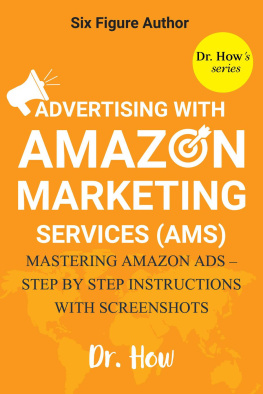
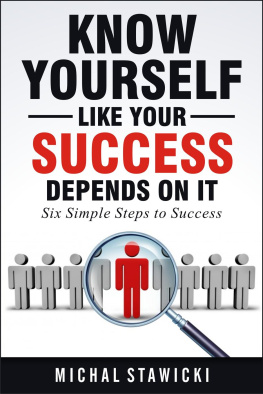
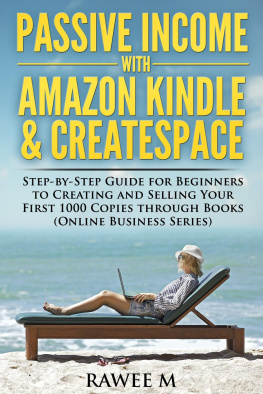
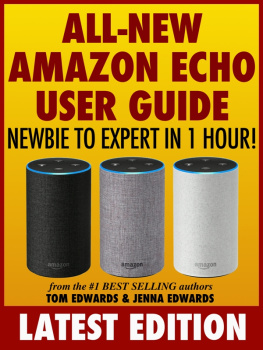
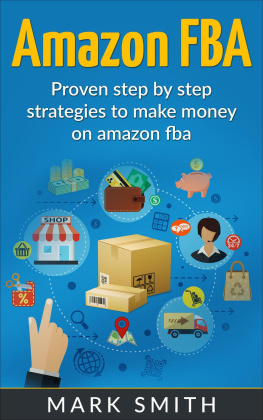
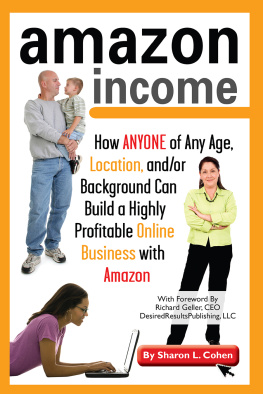

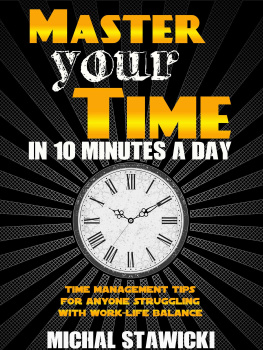
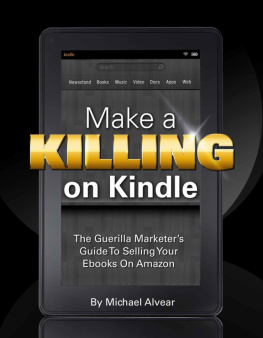
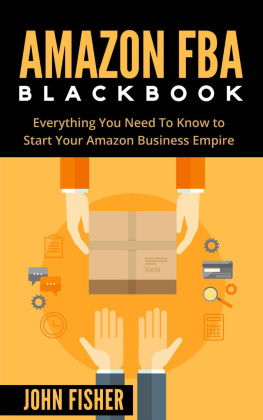
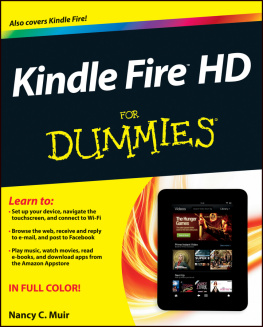
 Archangel Ink
Archangel Ink